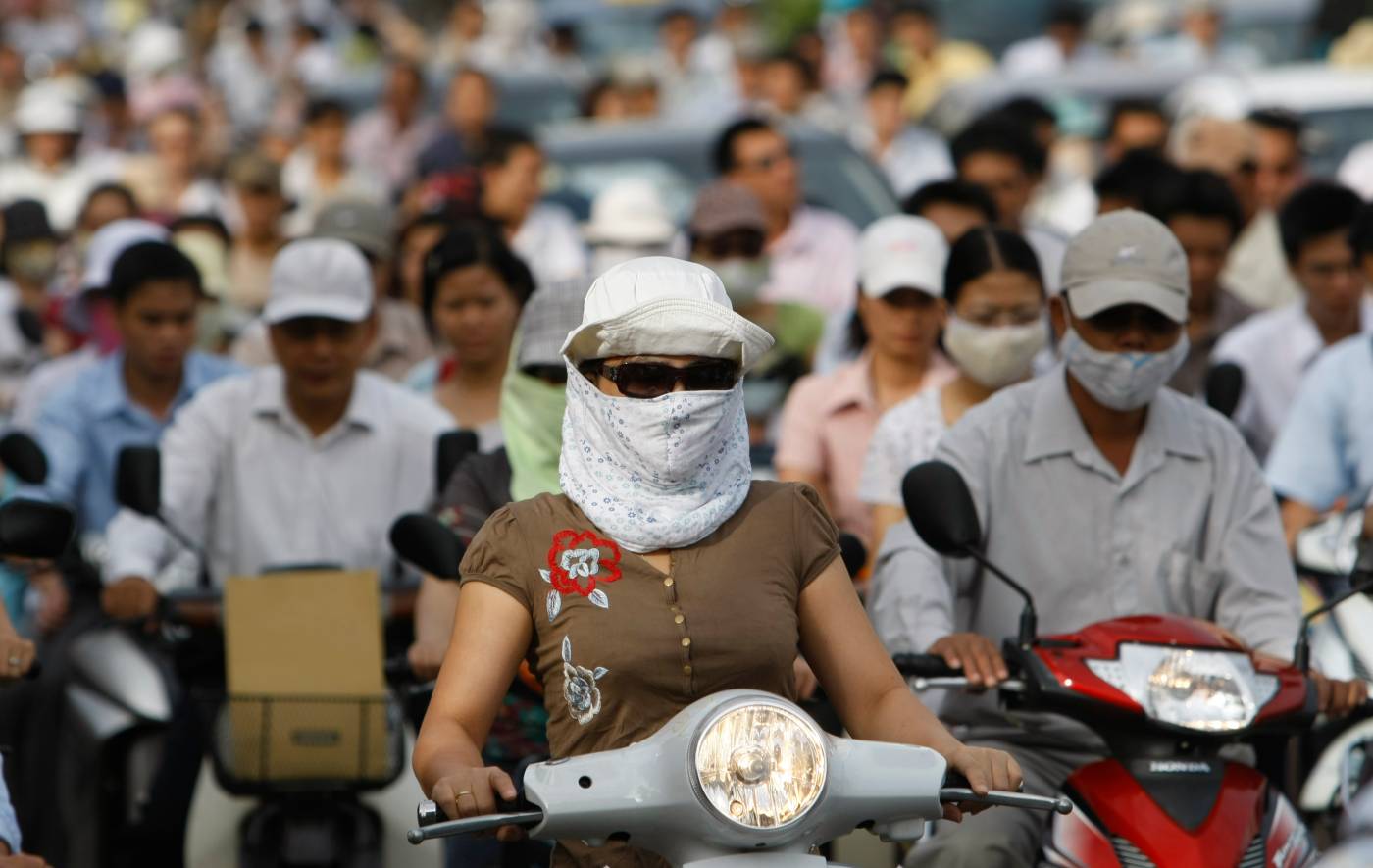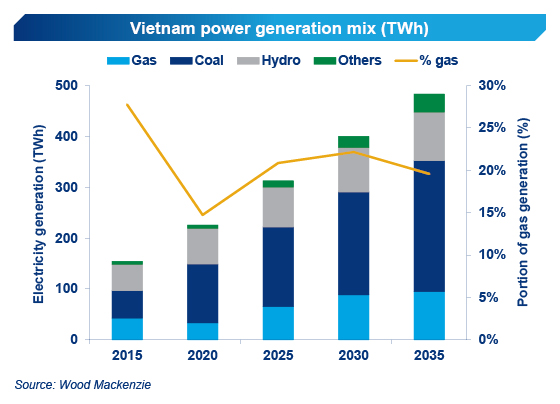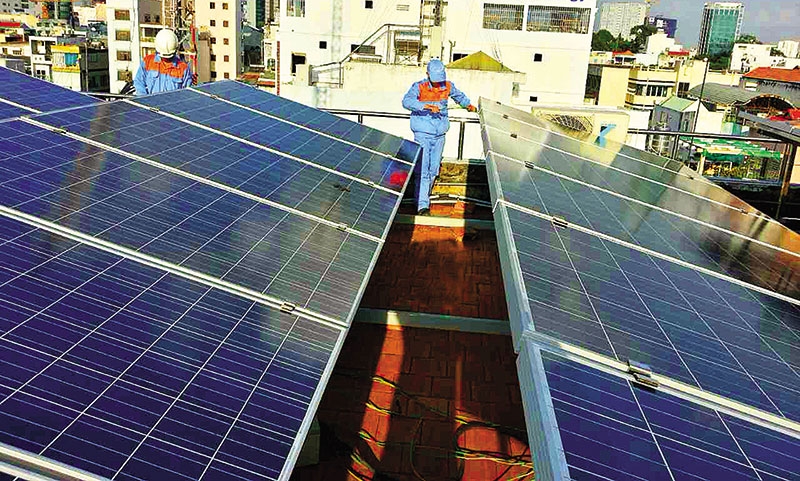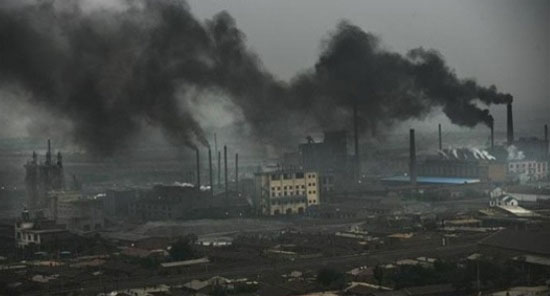
Vietnamese Deputy Prime Minister Hoang Trung Hai has ordered the Ministry of Industry and Trade to evaluate the progress of implementing a government policy aimed at restricting and banning the ...
Vietnamese Deputy Prime Minister Hoang Trung Hai has ordered the Ministry of Industry and Trade to evaluate the progress of implementing a government policy aimed at restricting and banning the use, importation, and manufacture of old-style 60-watt incandescent bulbs in the country apparently because it has been behind schedule.
In 2011, Prime Minister Nguyen Tan Dung approved a list of electronic devices and appliances that should be labeled “energy consuming,” in his Directive No.51/2011 released on September 12.
The directive was issued following a suggestion by the Ministry of Industry and Trade, which had proposed to enact measures to implement the law on economical and efficient energy consumption, according to news website Dan Tri.
The 60-watt bulb was then included in the list and was expected to be completely banned by the end of last year, the newswire said, citing the fiat.
But the plan has apparently failed to meet schedule, prompting the Deputy Prime Minister to ask the ministry to evaluate its implementation of the directive.
“The ministry has to propose a roadmap to first limit, and later prohibit, the production and distribution of incandescent bulbs,” the deputy premier said in a statement released by the Government Office on Tuesday.
Governments around the world have passed measures to phase out incandescent light bulbs for general lighting in favor of more energy-efficient lighting alternatives.
Among them are Brazil, Venezuela, Switzerland, Australia, and the EU. Other countries are implementing new energy standards or have scheduled phase-outs, including Argentina, Russia, Canada, Mexico, Malaysia, and the Republic of Korea.
A ban on incandescent light bulbs in the U.S. has also gone into effect as of the beginning of this year, leaving consumers with “pricier energy-efficient options that are expected to save people money over time,” the Los Angeles Times reported.
Consumers can choose from several more energy-efficient options, including halogen, LED and CFL bulbs, which consume less energy compared with traditional incandescent ones and thus result in smaller utility bills, the newspaper said, citing experts.







.jpg)


